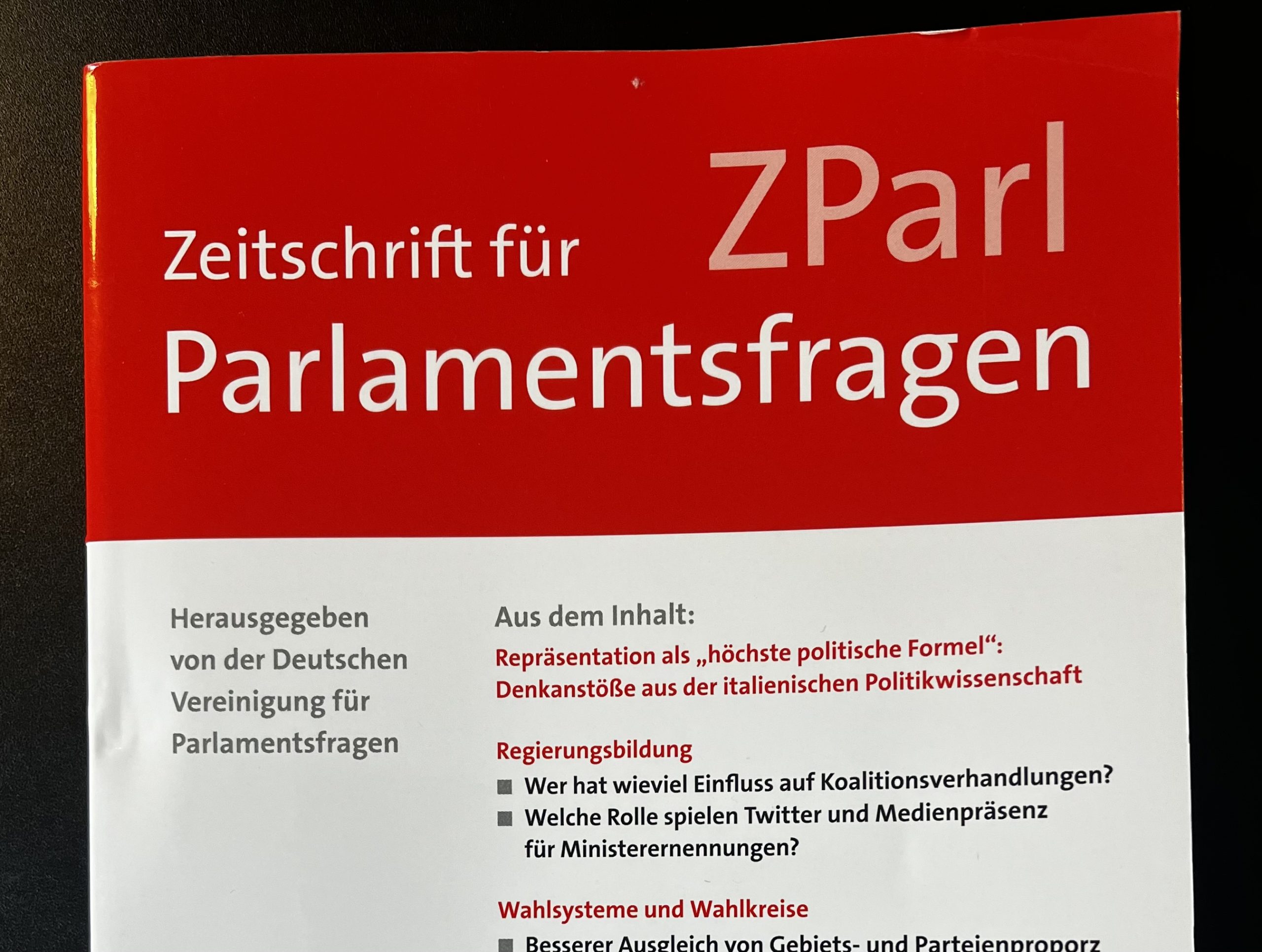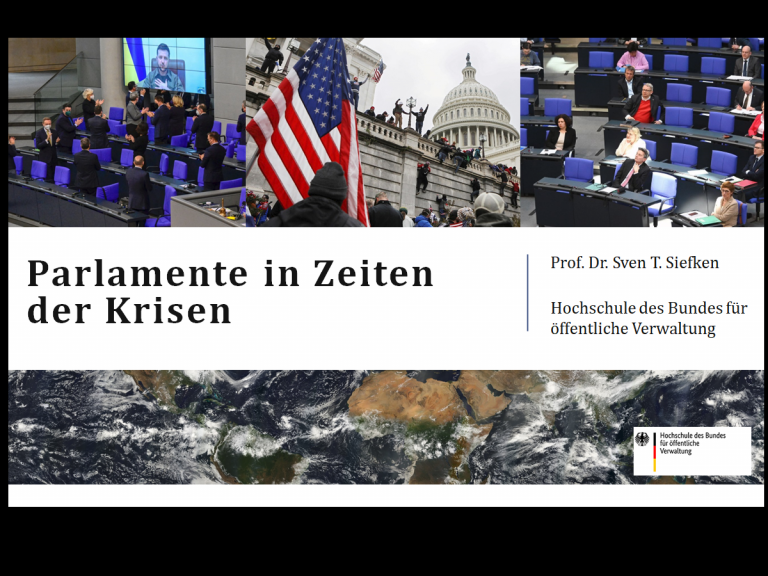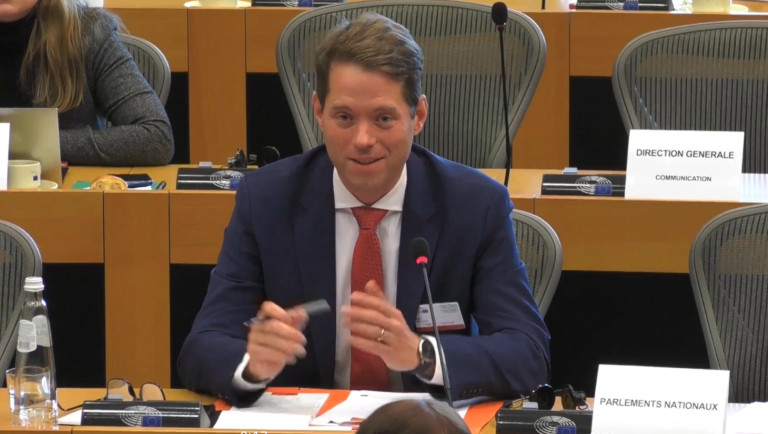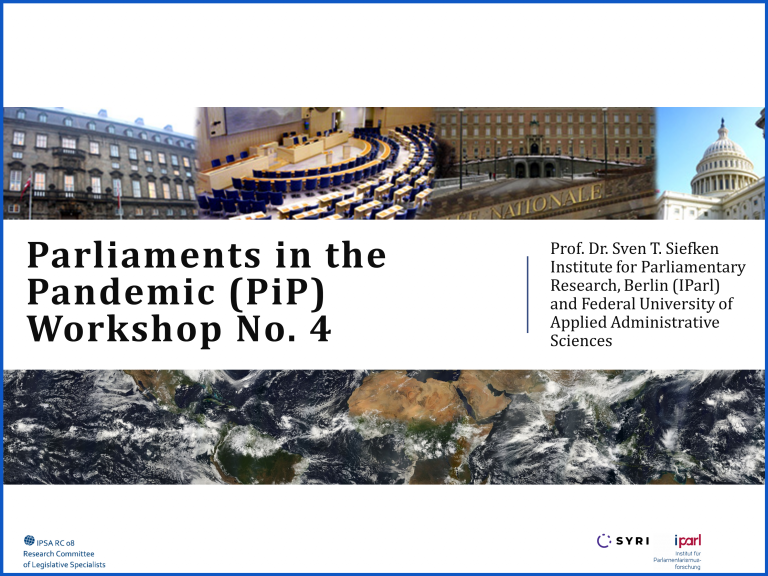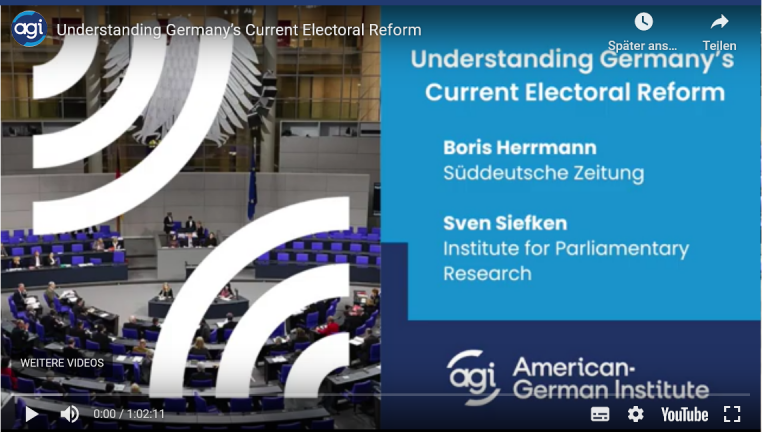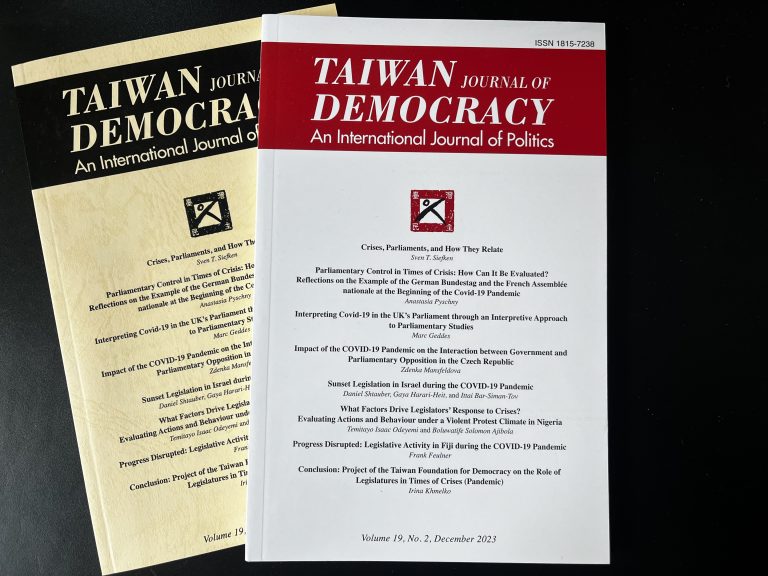In the Depths of Coalition Negotiations
Coalition negotiations play a key role in government formation, but they have not been analyzed much in detail. In Germany, the past decades have seen an ongoing differentiation of their organization, leading to a complex multi-level negotiation structure with a policy-oriented division of labor. Studying the working group on health policy in the coalition negotiations following the German federal elections from 2005 to 2021 shows how far-reaching changes between the working group draft version and the final contract were. This sheds light on how the negotiation processes work and how their results are represented in the coalition treaties. Policy experts from the Bundestag and the state level, who are members of the working groups, have the opportunity to exercise great influence on the final results, especially if their working group has non-conflictual results. But negotiation leaders do exercise influence, particularly so on topics that are of relevance for party competition. The same goes for budget experts, select individuals and representatives of state interests. The method for analysis is instructive for other policy areas. [ZParl, vol. 54 (2023), no. 3, pp. 483 – 508]
